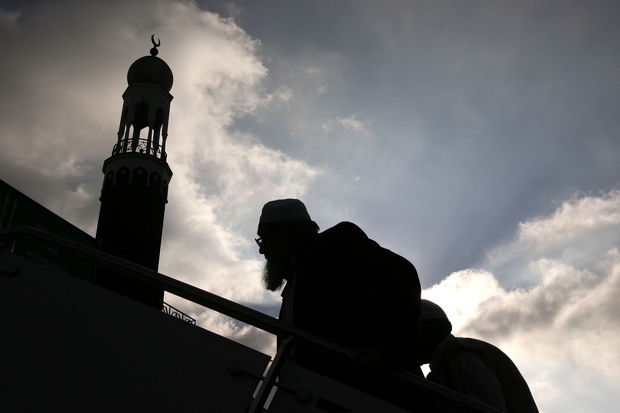Omar Saif Ghobash, who is the United Arab Emirates ambassador to Russia, has written a good Muslim-reformist tract called Letters to a Young Muslim. There is plenty of passionate rhetoric denouncing rigidity, praising open-mindedness. There are plenty of insights that give the outsider a glimpse of his difficult inheritance (as a half-Arab, half-Russian boy educated in Britain).
But is the bullet bit? A bit. While his liberal sympathies are not in doubt, Ghobash does not quite focus on the core issue with adequate determination. For me, the essence of the Muslim-reformist task is the repudiation of theocracy. This entails more than denunciations of terrorism, religious police, blasphemy laws and so on; it entails a confrontation of the theoretical problem – that traditional mainstream Islam desires a very close unity of religion and politics.
He seems to confront the issue at one point: it is not enough to call Islam a religion of peace and leave it at that. The statement ‘Islam a religion of peace’ should be fleshed out in this sort of way:
‘Islam is a religion of peace, because we no longer live in the Middle Ages and we do not think that religions need armies and borders to defend themselves. It is a religion of peace because Islam is a state of mind and grace, rather than a team of warriors…Islam is a religion of peace, because if we are to think of ourselves as a group, then we are an ethical group, not a military group…Islam is a religion of peace because to be otherwise is to make a mockery of our Prophet’s legendary care and kindness.’
This raises a question so big and tricky that I suppose its evasion is no big surprise. Let’s put it like this. Isn’t there a problem with insisting that Islam utterly rejects the fusion of religion and political force, when its origins clearly do involve this (theocratic) fusion? It is dubious to speak of Muhammed’s ‘care and kindness’ and ignore the fact that he was a military leader. In other words, reformist Muslims should admit that there is a problem in the original logic of their faith. Its original logic is theocratic. A serious reformist movement would grasp this nettle, and say, ‘We must break with that past, and affirm a Post-Theocratic Islam.’
I know that my complaint is on one level very unfair. For almost all British Muslims dislike the idea of theocracy. But it’s there in the original logic of their faith. An authentically reformist Muslim would face up to this.







Comments